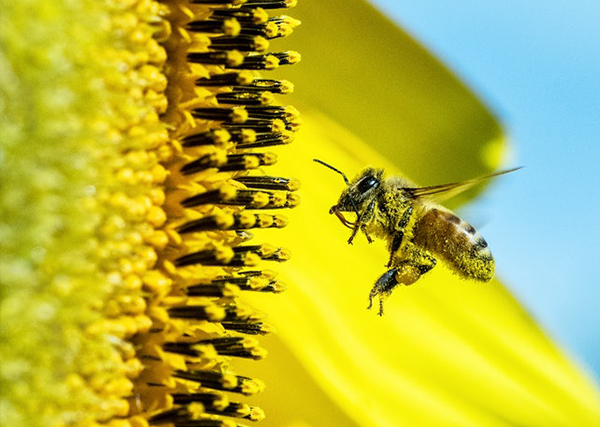As said before, if the purpose of doing something was to satisfy worldly pursuits such as health and longevity, it would be deemed an unwholesome motivation. All the activities done on this premise, whether they are meditation or reciting sutras, are considered just mundane phenomena that do not lead to enlightenment. Patrul Rinpoche had said that absent genuine renunciation and bodhicitta, if one were to do a nine-year retreat and cut off all associations with others to practice the Great Perfection full-time, one would not even sow the seed of liberation, let alone other achievements. How terrible having not generated renunciation and bodhicitta! What use is there for other practices when not even the Great Perfection can sow the seed of liberation? Therefore, making the choice of motivation should never be taken lightly.
~ Depicted from THE RIGHT VIEW - The Three Supreme Methods—the ultimate methods of cultivating virtue and training the mind











